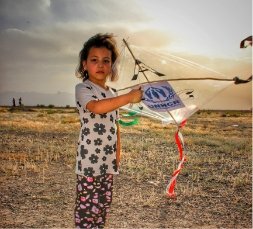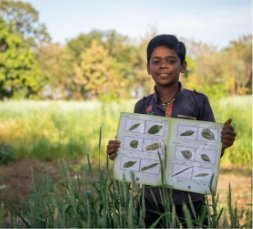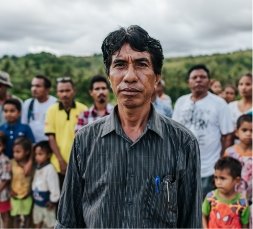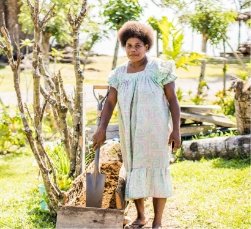Consolidated Appeal Afghanistan Earthquake
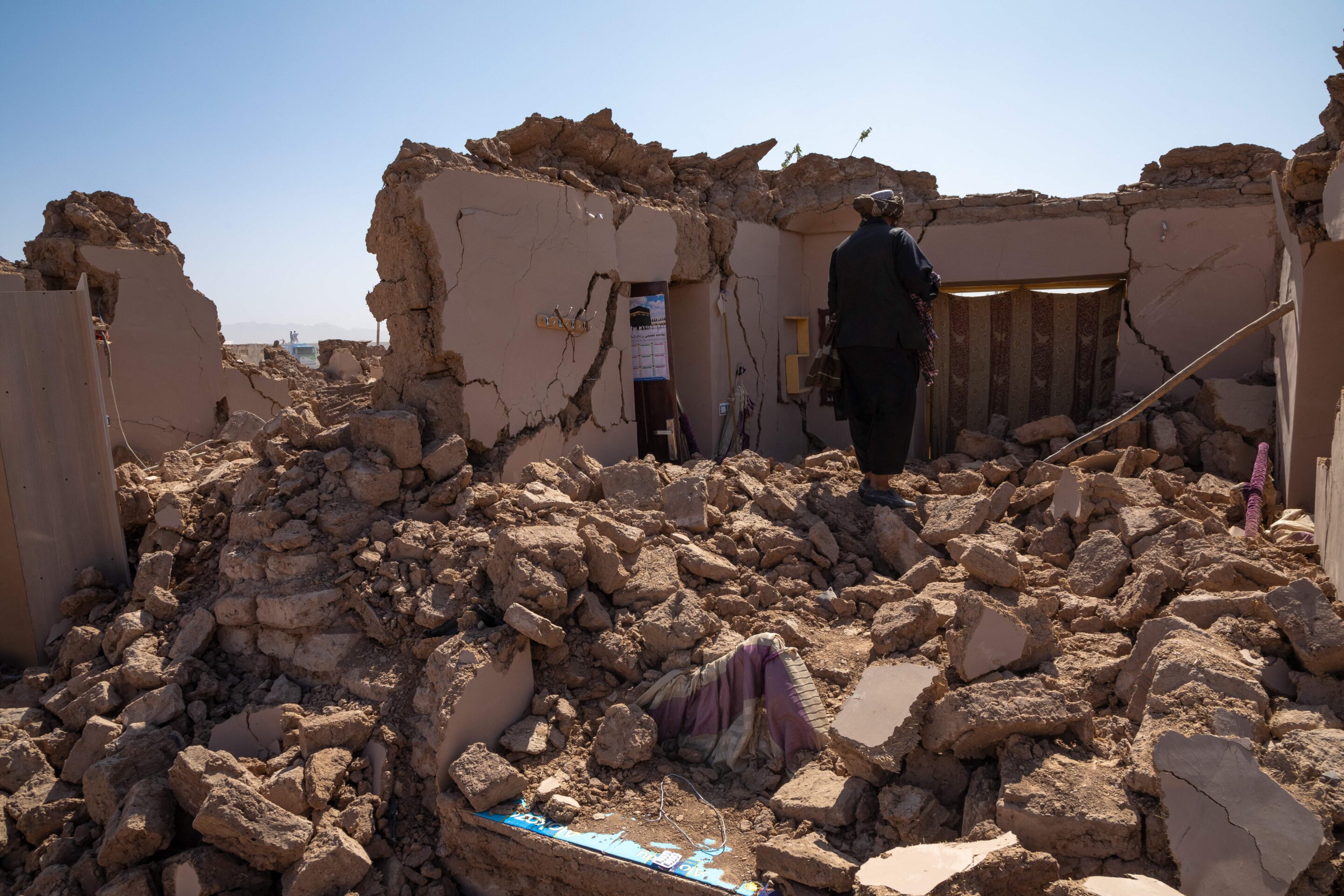
Afghans comb through the rubble in the aftermath of a devastating 6.3 magnitude earthquake in Herat. Credit: MUHAMMAD BALABULUKI/Middle East Images/AFP via Getty Images
From the 7th to the 15th of October 2023, four 6.3 magnitude earthquakes struck Herat Province in Western Afghanistan, followed by several aftershocks. It has been estimated that as many as 2,400 people have been killed, with thousands more injured and buildings significantly damaged.
According to the United Nations more than 43,000 people have been assessed to have been affected. 100% of homes are estimated to have been destroyed in 11 villages. Hospitals are also battling to treat the injured in an already struggling healthcare system.
The impacts of the earthquake are particularly devastating because of the ongoing humanitarian and economic crisis that Afghanistan has been facing. Due to the compounding effects of political upheaval, economic collapse, backsliding women’s rights, food insecurity and drought, it is estimated that 28.3 million people – or two-thirds of Afghanistan’s population – will require urgent humanitarian assistance to survive.
The unfolding political crisis in Afghanistan is complex and uncertain but Australian development and humanitarian organisations and their partners – both local and international – remain committed to supporting communities in Afghanistan.
The ongoing humanitarian crisis needs will be significant. ACFID member agencies are on the ground and responding with food, shelter, health, household essentials, and cash assistance programs to assist people with essential needs as Herat Province recovers.
Please find out more about the valuable efforts of our members and how you can contribute to their responses below.
You can be assured that your support to any member listed below will meet identified needs on the ground. The standards by which ACFID’s members make appeals for donations are set by ACFID’s Code of Conduct. This includes a responsibility to provide clear information to their donors on the emergency and the work they are doing with affected communities.
All ACFID member appeals below have been checked and meet Code of Conduct requirements.
ACFID members responding
Act for Peace
Over 2,400 people have been killed following a 6.3 magnitude earthquake which struck 40km west of Herat City in Herat Province, western Afghanistan on October 7, 2023. It’s one of the deadliest earthquakes to hit the country in two decades and heartbreakingly, local authorities anticipate the number of casualties to rise. Aftershocks continue as estimated 12,110 people (1,730 families) have been impacted across five districts. Thousands also remain injured, trapped, or missing. Act for Peace’s local partner is providing urgently needed items including emergency shelter, multipurpose cash assistance and winterisation kits.
https://actforpeace.org.au/afghanistan-earthquake-emergency/
ActionAid Australia
On Saturday 7 October, a 6.3 magnitude earthquake struck villages near the city of Herat. Two more powerful earthquakes compounded with a major storm in the space of just over a week. 2,054 people were killed, and over 3,000 injured.
Looking ahead, the province is only one month from winter. Most food stocks were lost in the earthquake. Families need support through the winter and until the next harvest. This disaster comes at a time when already 15 million Afghans do not know where their next meal will come from — that is one third of the population.
ActionAid is responding through local partners on the ground to deliver food support, water and shelter supplies to families in need, but we need to scale up the response. Please donate today.
Australian Afghan Hassanian Youth Association
The alarming escalation of violence in the region is leaving people in Gaza in urgent need of humanitarian aid. Caritas Australia is supporting its partners and their local networks on the ground to respond to the immediate needs of people displaced based on the priority needs of food, water, shelter and psychosocial support.
https://www.gofundme.com/f/dwkn6-urgent-appeal-aid-for-afghanistan-earthquake
Caritas Australia
Caritas Australia is supporting its partners in Afghanistan to provide immediate emergency response in the wake of the earthquakes, including food, shelter, access to clean water and medical supplies and cash-based interventions.
https://www.caritas.org.au/donate/emergency-appeals/afghanistan/
Childfund Australia
Over 4,000 children and their families in Afghanistan have been impacted by two devastating earthquakes each measuring 6.3 on the Richter scale; causing deaths, people trapped under rubble and thousands of children and families displaced from their homes.
Your donation today will help with emergency Food and Nutrition Aid, including food and cash assistance, Shelter Support and WASH programs.
https://www.childfund.org.au/appeals/afghanistan-emergency/
Hagar Australia
As winter looms and the urgency intensifies, we are gearing up for a response that matches the gravity of the crisis. It’s a community effort: local people responding to local needs.
Hagar’s response team, comprising four dedicated staff members – including a driver, female counsellor, and male counsellor – have journeyed to Herat. There, they will extend our arms to the local families, providing the warmth of psychosocial support. Winter blankets specially designed for extreme conditions will be distributed to 300 households, offering a lifeline against the biting cold.
UNICEF Australia
UNICEF is supporting vulnerable children and their families, delivering life-saving supplies. UNICEF has stood by the women and children of Afghanistan for more than 70 years throughout multiple crises, and as a humanitarian organisation, we will stay and deliver. We will engage, advocate and look for every opportunity to reach women and children who need us.
https://www.unicef.org.au/donate/help-children-in-afghanistan
Donate Responsibly
Australians understand the impacts of natural disaster and are incredibly compassionate and generous. Unfortunately, if we are not smart in how we do that, we can actually cause more problems for the people of Afghanistan.
Unrequested goods such as food, clothing and medicines sent to countries experiencing crises consistently end up in landfill. Unrequested goods block valuable space at ports and airports and can prevent vital aid getting through. Cash is fast, flexible, and is used to meet the immediate and changing needs of those affected.
With cash donations goods can be sourced and purchased locally. This supports local businesses, keeps people in jobs, and stimulates the local economy.
If you want your donation to have a long-lasting impact, consider donating cash. Find out more about how to donate responsibly at: donateresponsibly.org.









